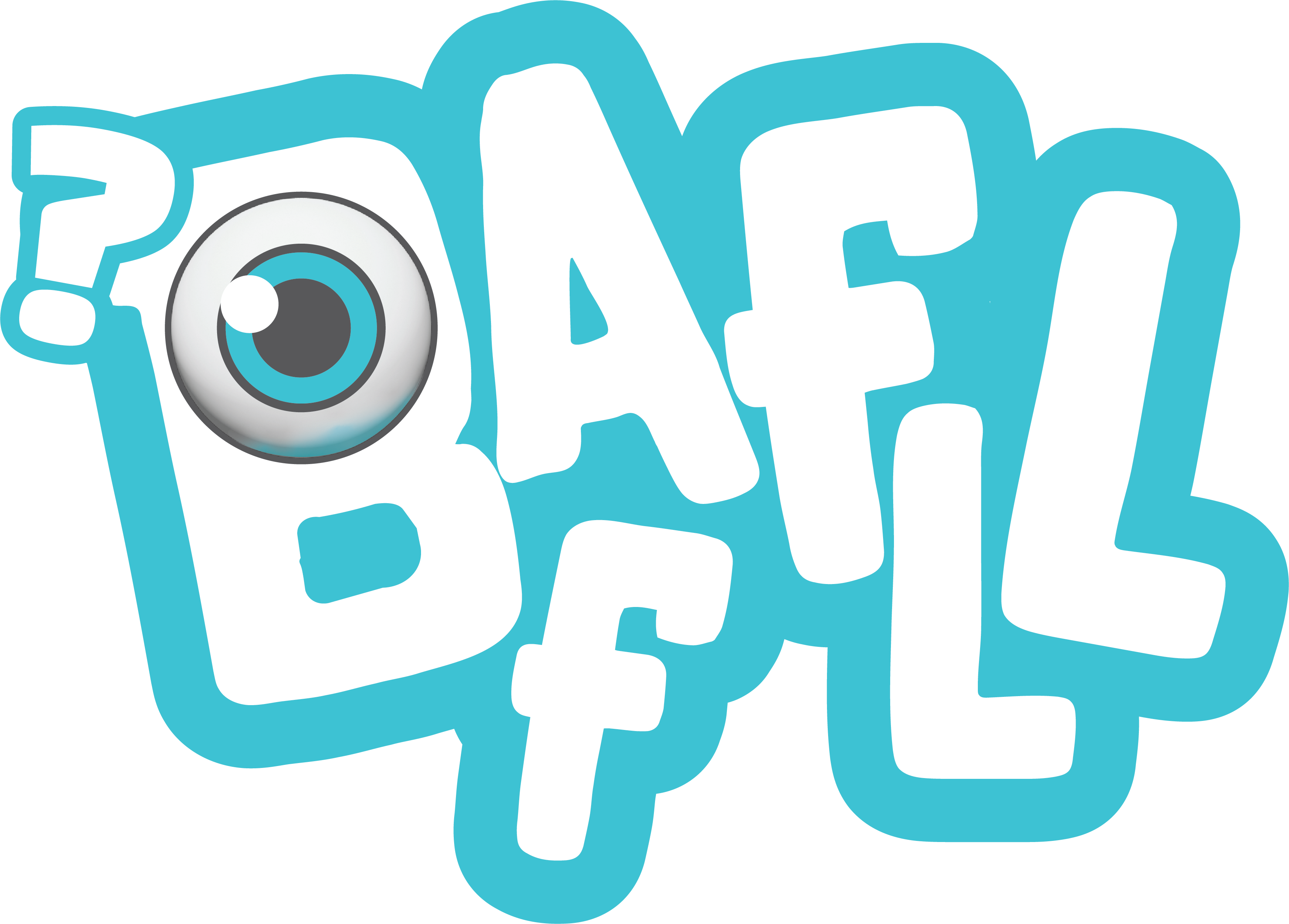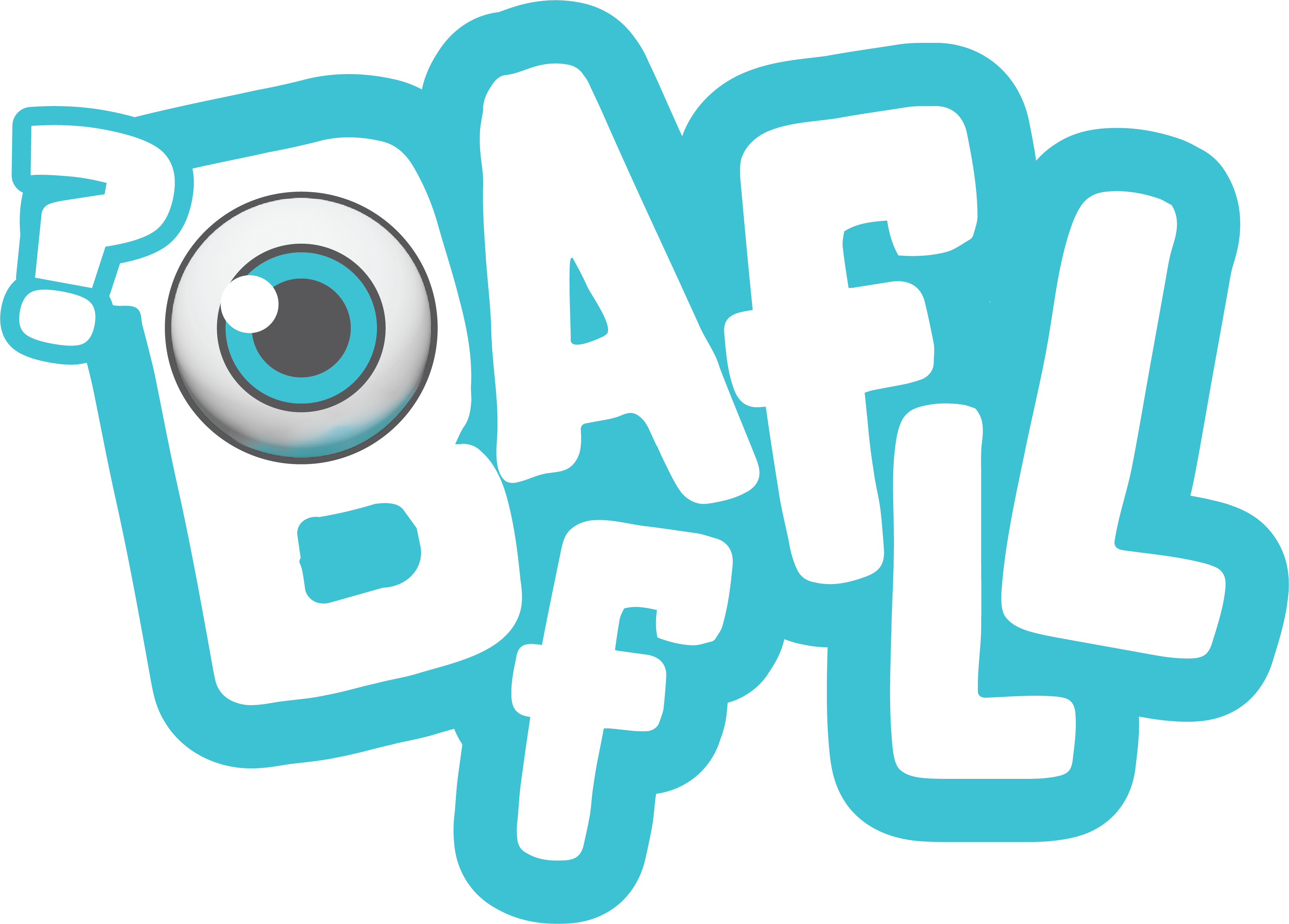How Puzzling Calms a Busy Mind
Modern life is noisy — phones buzzing, deadlines looming, screens glowing late into the night. No wonder mindfulness apps are booming. But there’s an older, quieter tool that works just as well: the humble puzzle.
When you start sorting edge pieces or matching colours, your breathing slows, your thoughts narrow to the present moment, and your nervous system relaxes. Psychologists call this a “single-task focus,” and it’s remarkably effective at reducing stress.
Indian parents often remark how their kids stay unusually calm and engaged during a puzzle session. Even adults who try jigsaws after years say it feels like meditation with their hands. Some wellness retreats now include puzzle corners, treating them as a form of digital detox.
Unlike formal meditation, you don’t need training. There’s no “right” way to breathe. You just sit, sort and piece together — and slowly, your mind does the same. If you’re looking for an easy mindfulness practice without chanting or timers, a puzzle on your table could be your new yoga mat.


